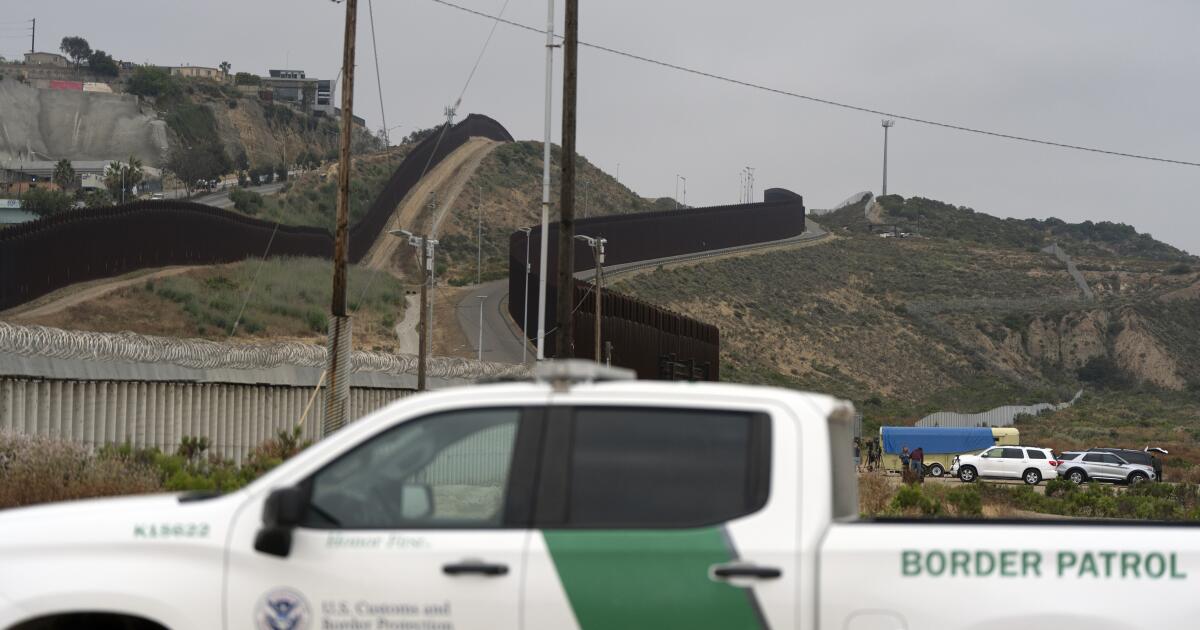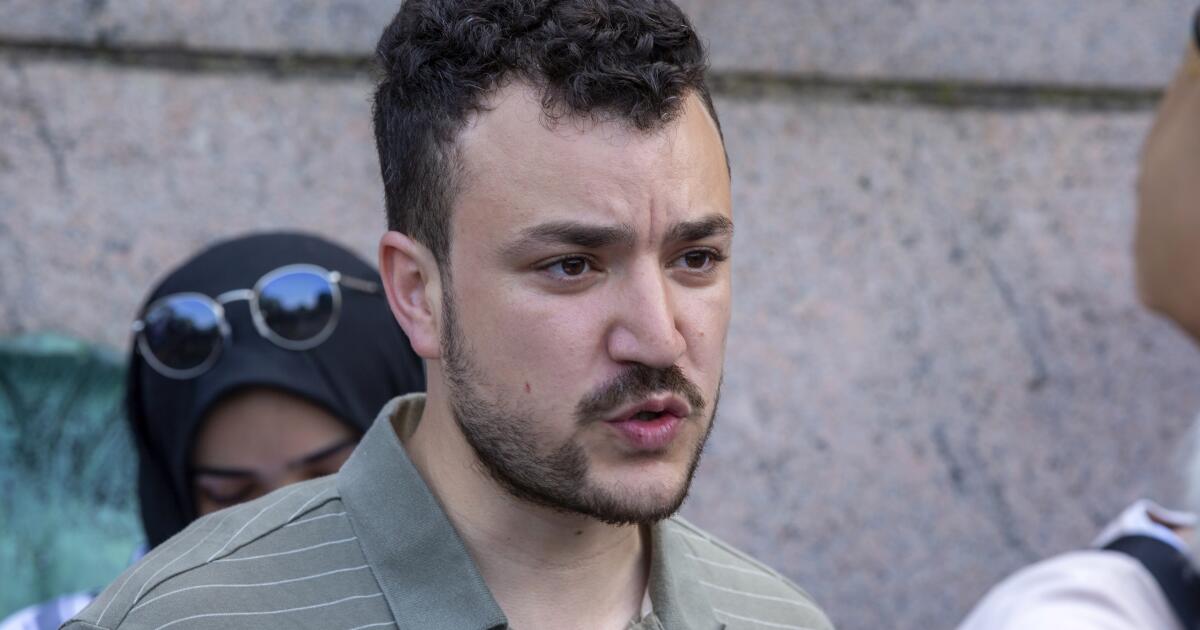BRUSSELS (Reuters) – NATO boss Jens Stoltenberg has proposed a 100 billion euro ($107 billion), five-year package of military aid to Ukraine that would give the Western alliance a more direct role in providing support to Kyiv, five diplomats said on Tuesday.
Under the plan, NATO would take over some coordination work from a U.S.-led ad-hoc coalition known as the Ramstein group – a step designed in part to guard against any cut in U.S. support if Donald Trump returns to the White House, diplomats said.
The proposal is expected to be discussed at a two-day meeting of NATO foreign ministers on Wednesday and Thursday, with the aim of finalising a package in time for a NATO summit in Washington in July.
Until now, NATO as an organisation has restricted itself to non-lethal aid for Ukraine out of fears that a more direct role could trigger an escalation of tensions with Russia. Most of its members provide weapons to Ukraine on a bilateral basis.
But diplomats said there was a growing view within NATO that the time had come to put military aid to Ukraine on a more sustainable, long-term footing and the Western alliance was best placed to take on much of that role.
Some also said that threats by Russian President Vladimir Putin that he would regard various steps taken by NATO allies as escalatory had not led to retaliatory action against them.
As part of the plan, NATO would create a NATO Mission for Ukraine, although it was as yet unclear whether the mission would operate inside the country, diplomats said. Some countries were cautious about even naming the operation as a mission.
Stoltenberg, NATO’s secretary general, has said the plan is partly “to shield against winds of political change” in any NATO member but Trump is uppermost in the minds of many, a senior NATO diplomat said.
NATO declined to comment in detail on Stoltenberg’s proposals but a NATO official said foreign ministers would “discuss the best way to organise NATO’s support for Ukraine, to make it more powerful, predictable and enduring”.
“No final decisions are to be taken at the April ministerial meetings, and discussions will continue as we approach the Washington summit in July,” the official said, declining to be named.
Diplomats cautioned that discussions on the proposal were at an early stage and it was unclear whether the 100 billion euro total would be accepted or how it would be financed. All NATO decisions require consensus among the alliance’s 32 members.
“It goes some way to protecting in case of Trump. But it is impossible to create something Trump-proof,” said another diplomat.
“A fund of 100 billion looks very optimistic, knowing how difficult it was to agree on a smaller amount at EU level,” the diplomat added.
($1 = 0.9290 euros)
(Reporting by Andrew Gray; Editing by Mark Potter)

